Food hygiene expert reveals one kitchen item that acts as a super-spreader for harmful bacteria, and it's not a chopping board
One of the most used items in your kitchen is the biggest culprit for cross-contamination

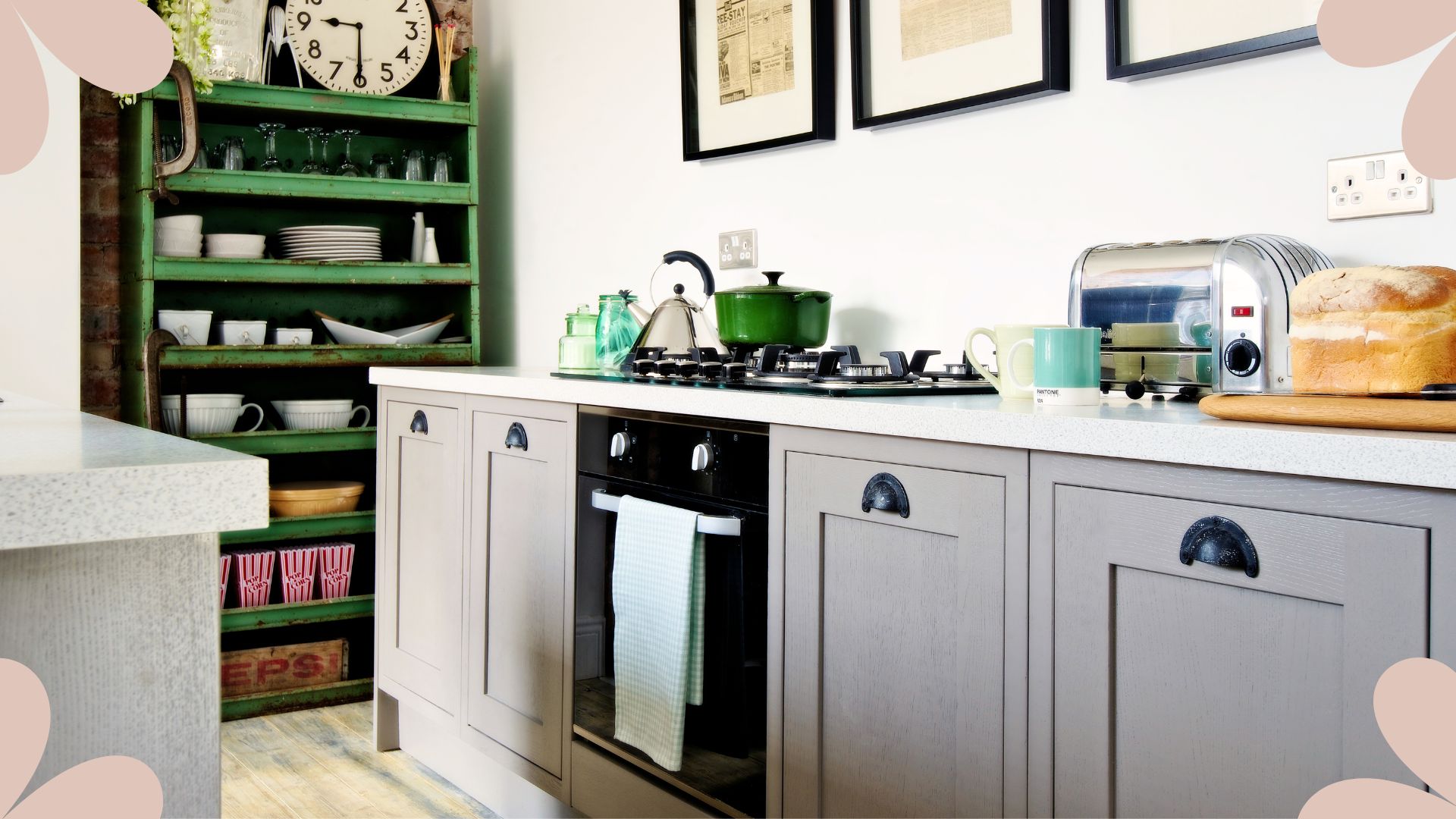
Sign up to our free daily email for the latest royal and entertainment news, interesting opinion, expert advice on styling and beauty trends, and no-nonsense guides to the health and wellness questions you want answered.
You are now subscribed
Your newsletter sign-up was successful
Want to add more newsletters?

Daily (Mon-Sun)
woman&home Daily
Get all the latest beauty, fashion, home, health and wellbeing advice and trends, plus all the latest celebrity news and more.

Monthly
woman&home Royal Report
Get all the latest news from the Palace, including in-depth analysis, the best in royal fashion, and upcoming events from our royal experts.

Monthly
woman&home Book Club
Foster your love of reading with our all-new online book club, filled with editor picks, author insights and much more.

Monthly
woman&home Cosmic Report
Astrologer Kirsty Gallagher explores key astrological transits and themes, meditations, practices and crystals to help navigate the weeks ahead.
When it comes to kitchen cleaning, tackling bacteria and nasty germs is always at the top of the list. However, one of the biggest spreaders of E. coli and Salmonella is hiding in plain sight, and we all use it every day.
Even when you know the common kitchen cleaning mistakes to avoid, sometimes catching every surface and germ hotspot in the space can feel like a real challenge. Especially when one of the dirtiest items in your home is in your kitchen and being used multiple times a day.
It's surprising how many commonly forgotten germ hotspots there are in the home, from door handles to remote controls. However, there is one item that collects particularly harmful bacteria in your kitchen and that's your tea towels.
Expert warns of common kitchen item spreading bacteria
Mark McShane, food hygiene expert at Food Hygiene Certificate, is here to shed light on the fact that a tea towel is a potential super spreader of E.coli and Salmonella amongst other bacteria.
“Cross-contamination is one of the most common causes of food poisoning at home,” says Mark. “And one of the easiest ways it happens is via tea towels. People dry their hands after touching raw meat, then use the same towel to dry plates, cutlery, or even children’s cups.”
That's right, no matter how thoroughly you clean your kitchen, if you forget to wash tea towels regularly, the germs can still spread, regardless of the cleaning method.
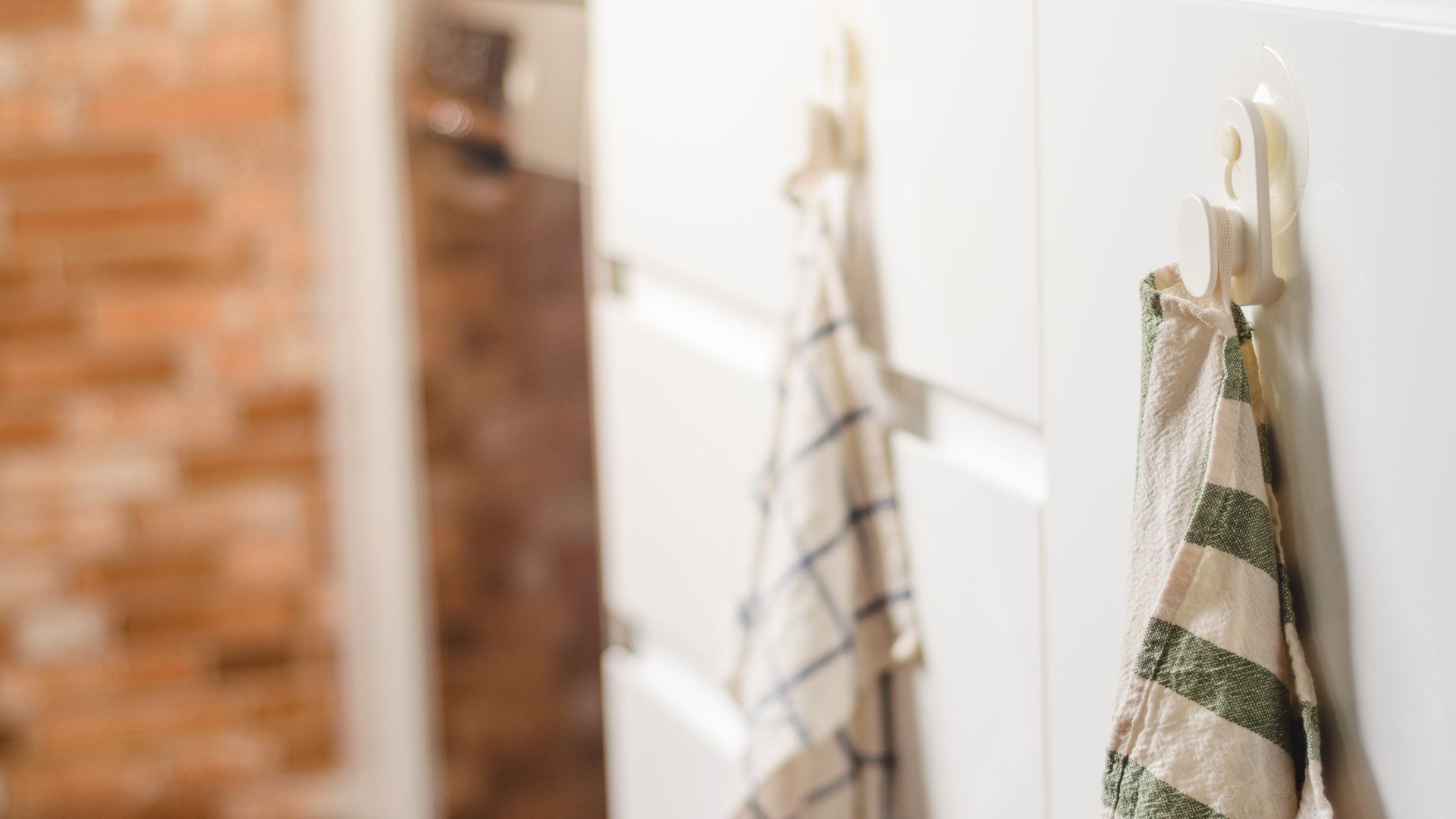
Although you should always keep up with your daily cleaning habits and ensure your kitchen is deep cleaned, summer and outdoor cooking can still put you at a greater risk.
Sign up to our free daily email for the latest royal and entertainment news, interesting opinion, expert advice on styling and beauty trends, and no-nonsense guides to the health and wellness questions you want answered.
Mark highlights findings around tea towels, pointing out that bacteria can survive on damp towels for up to 48 hours, especially in warm kitchens.
There are several common mistakes people make with using their tea towels that lead to the issue of contamination. Whether that's leaving damp used towels bunched up to not replacing them daily, it really is way too easy to allow bacteria to grow on the clothes.
"It's also people drying their hands after touching raw meat, then drying dishes. Or simply using one towel for everything: hands, worktops, dishes, spills," adds Mark.
How to keep your tea towel clean
So often, we think of chopping as being the worst culprit for spreading germs, which is why you'll know how to clean a wooden chopping board. Next, we consider how to clean kitchen cabinets and surfaces, but how can you stop tea towels from spreading germs?
Mark recommends starting with having separate towels for hands and dishes, and making sure you replace them daily. He goes as far as to say you might want to replace them more than that during hot weather or heavy cooking days.
You should also wash the towels on a hot wash above 60°C, which will help kill existing bacteria whilst also tackling stains and odours.
These simple yet effective cautionary steps will help keep you safe from any cross-contaminated nasties and ensure your food prep is as hygienic as possible.
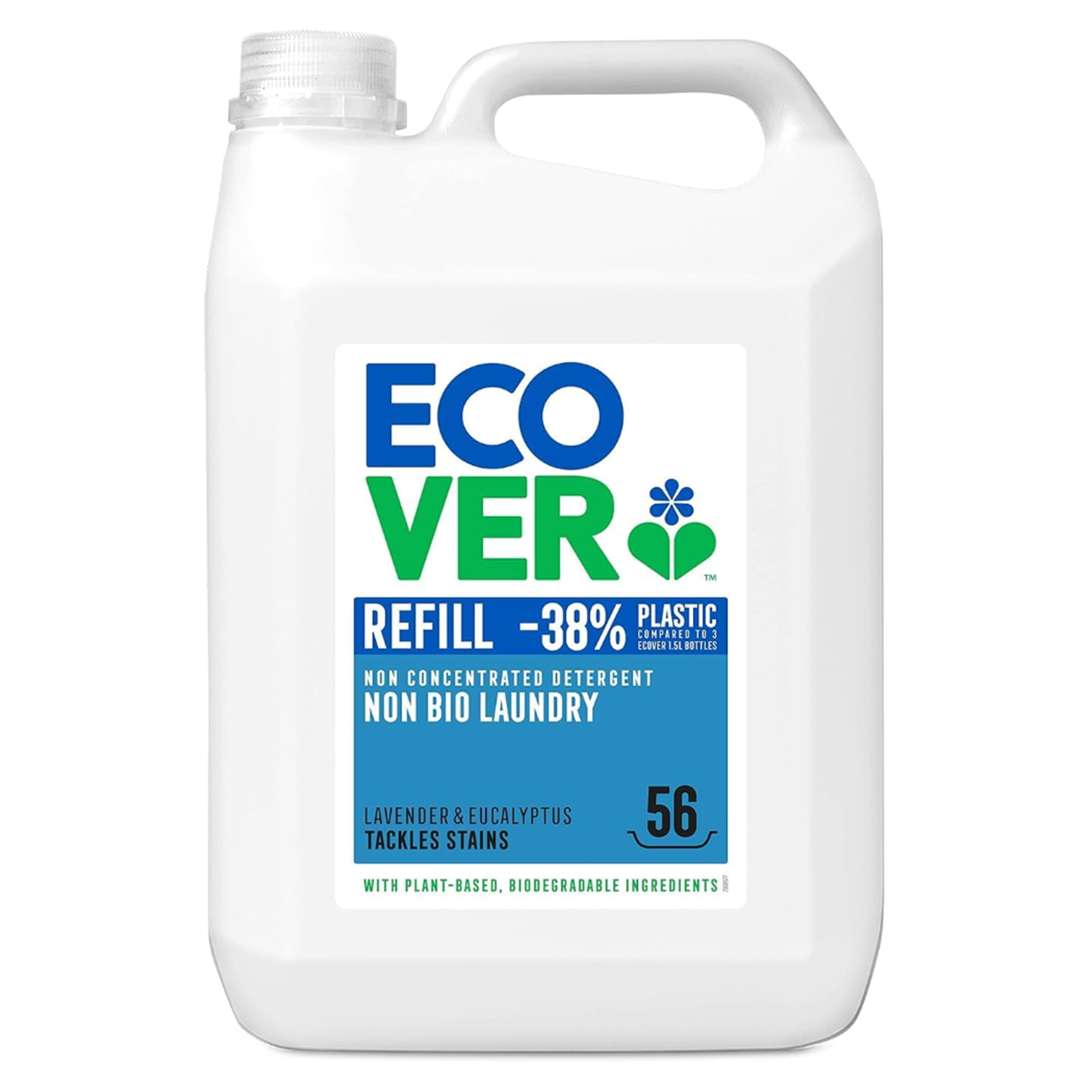
RRP: £18 | This eco-friendly laundry detergent is ideal for those of you who have sensitive skin, and it's also an impressive stain remover.
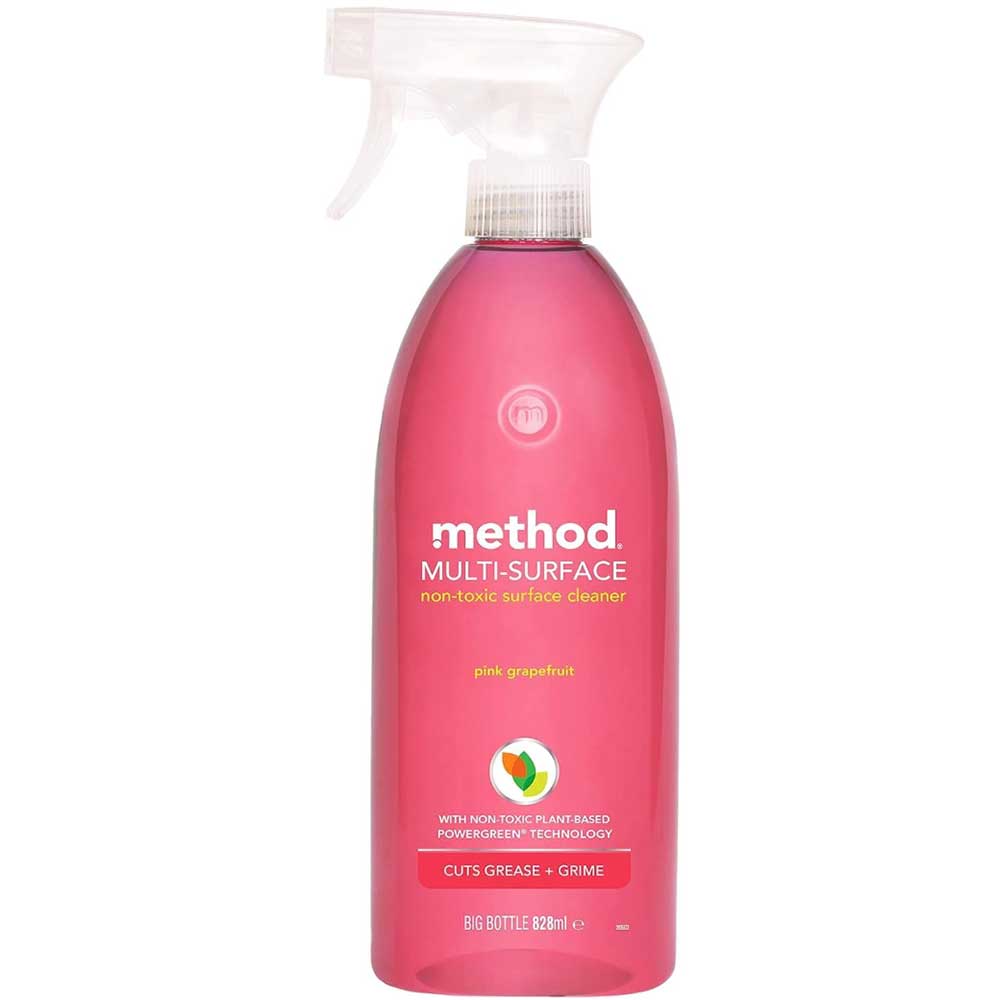
RRP: £3.75 | Cut through the germs on your kitchen countertops with this multi-purpose cleaner from Method. There are no harmful chemicals, so it's perfect for cleaning before food prep.
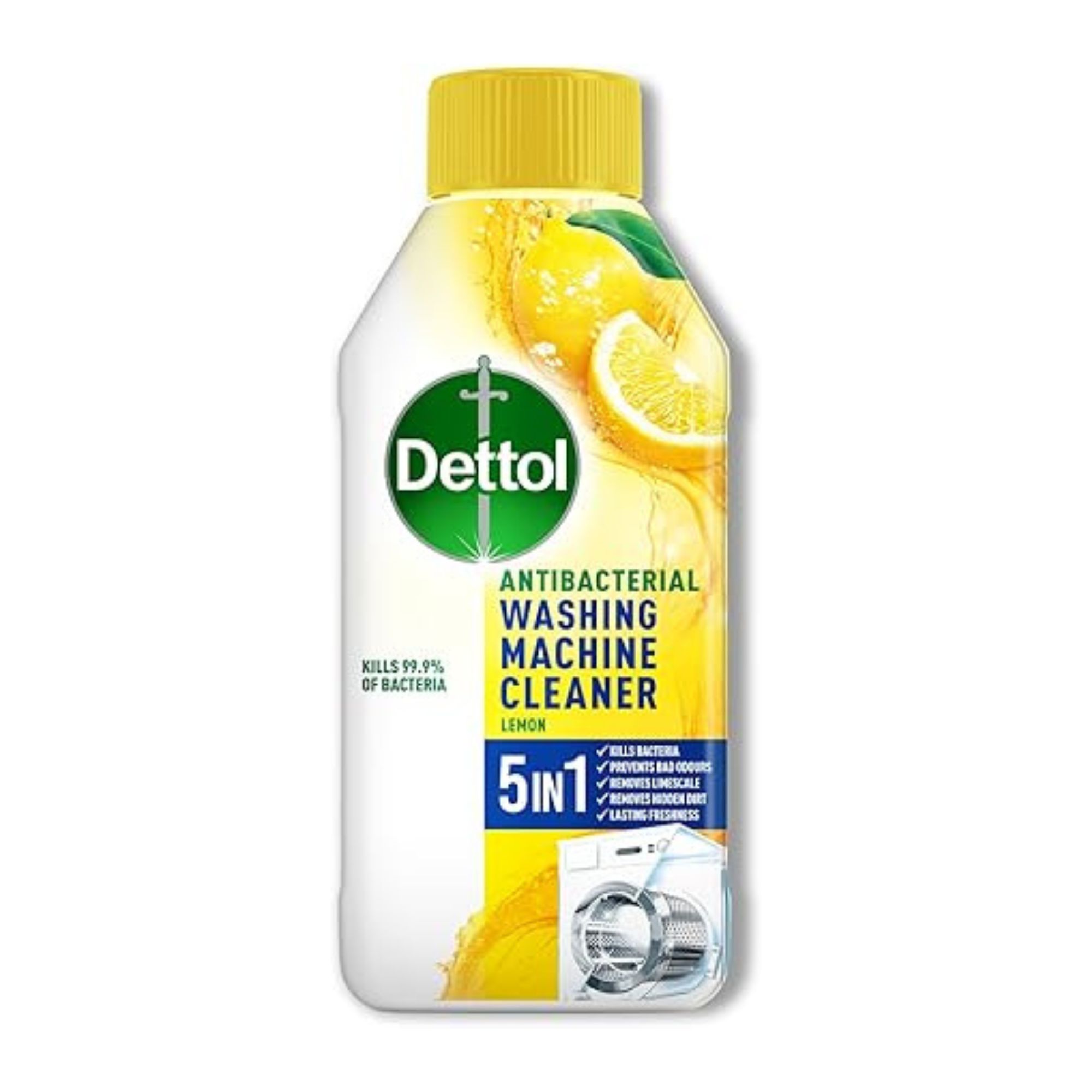
RRP: £3 | If you want to make sure your tea towels are getting a thorough clean, then washing them in an antibacterial environment like a cleansed washing machine is the best way.
Mark is quick to highlight how easy food poisoning can be caught from ways other than eating uncooked food. “Food poisoning doesn’t always come from undercooked food – sometimes it comes from clean-looking cutlery dried with the wrong towel,” Mark explains. “A simple switch in habits can prevent weeks of illness."

Emily joined woman&home as a staff writer after finishing her MA in Magazine Journalism from City University in 2023. After writing various health and news content, she now specialises in lifestyle, covering unique cleaning hacks, gardening how-tos, and everything to help your houseplants thrive.
You must confirm your public display name before commenting
Please logout and then login again, you will then be prompted to enter your display name.